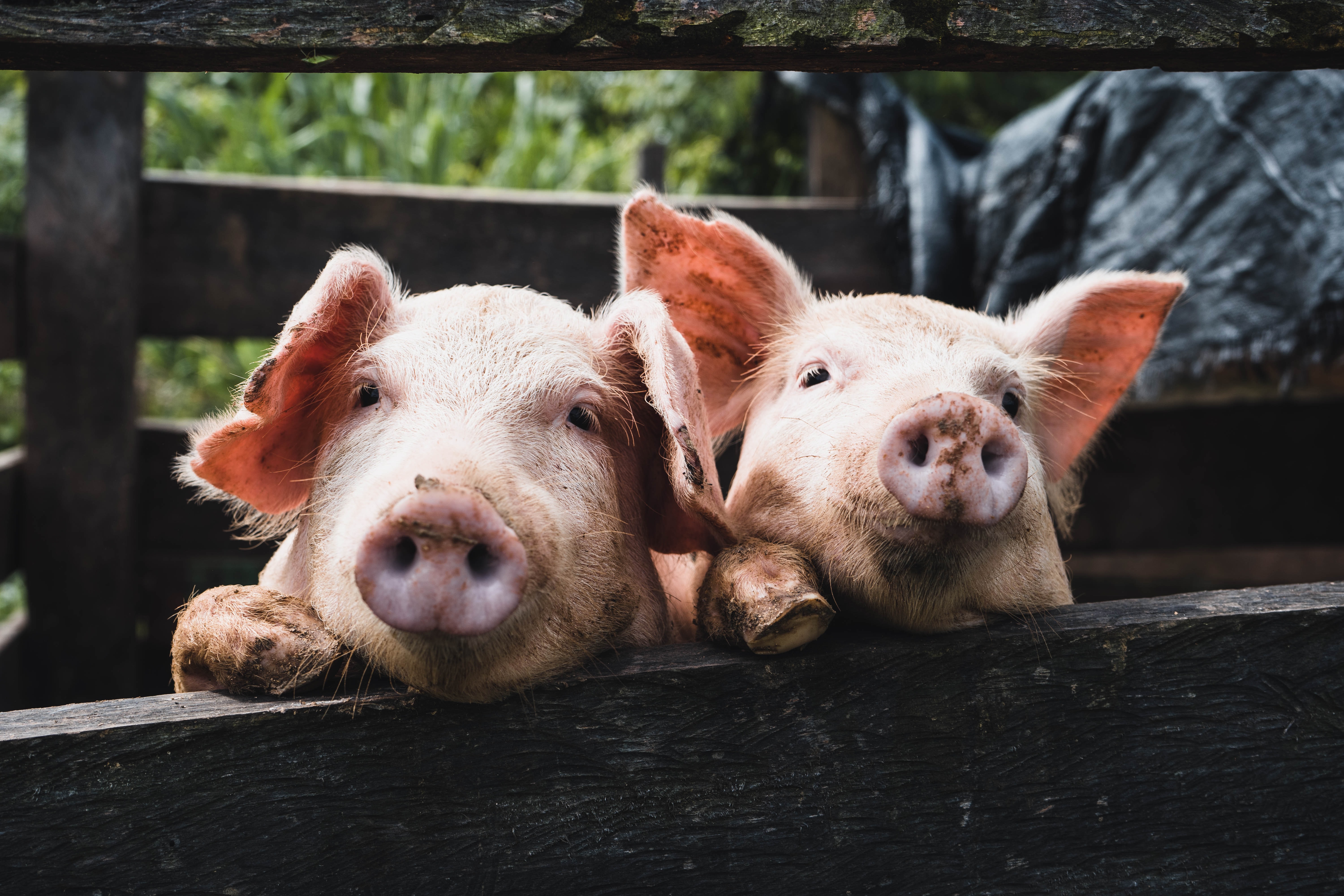Galsafe pigs will undergo intentional genomic alteration in for individuals with allergies to safely consume red meat.
The Food and Drug Administration (FDA) has approved the first intentional genomic alteration (IGA) of domestic pigs, known as GalSafe pigs, to be used for human consumption or therapeutic purposes. The IGA was approved as an effort to eliminate alpha-gal sugar on the surface of the pigs’ cells, so individuals with Alpha-gal syndrome (AGS) can avoid allergic reactions when eating red meat. Research has shown GalSafe pigs may also act as a source of porcine-based components to produce medications free of alpha-gal sugar (such as the blood-thinning drug heparin). Pig cells could curtail human rejection of xenotransplants.
AGS, a recently identified type of food allergy to red meat, usually manifests after a Lone Star tick bite. It diffuses alpha-gal sugar into the person’s body, and this causes an auto-immune response leading to an allergic reaction.
“Today’s first ever approval of an animal biotechnology product for both food and as a potential source for biomedical use represents a tremendous milestone for scientific innovation,” said FDA Commissioner Stephen M. Hahn, M.D. “As part of our public health mission, the FDA strongly supports advancing innovative animal biotechnology products that are safe for animals, safe for people, and achieve their intended results. Today’s action underscores the success of the FDA in modernizing our scientific processes to optimize a risk-based approach that advances cutting-edge innovations in which consumers can have confidence.”

Performing laboratory experiments, the federal agency found food from GalSafe pigs is safe for most individuals to eat. Its review also “focused on ensuring the effectiveness of the IGA through the evaluation of data demonstrating that there is no detectable level of alpha-gal sugar across multiple generations of GalSafe pigs,” according to the FDA’s announcement.
“The FDA is committed to continuing its close work with developers to facilitate safe advancements of animal biotechnology. Our Veterinary Innovation Program focuses on providing greater certainty in the regulatory process, encouraging development and research of innovative public health products, as well as supporting an efficient and predictable pathway to the approval of IGAs in animals,” said Steven M. Solomon, D.V.M., M.P.H., director of the FDA’s Center for Veterinary Medicine. “The developer of GalSafe pigs participated in this program, proving the impact of this important FDA initiative. We look forward to continued work with other developers to evaluate the safety and effectiveness of additional innovative animal biotechnology products.”
This type of livestock was chosen over standard pigs because they strictly regulated. The FDA concluded “the microbial food safety risk is low and is mitigated by the low number of GalSafe pigs entering the food supply and the ongoing surveillance for antimicrobial resistance, among other factors,” according to the agency’s report. An approval was granted to product developer Revivicor Inc., and the company said it will sell the pig meat by mail order, rather than in grocery stores, in order to avoid any cross-contamination, which could impact individuals with severe allergies.


Join the conversation!